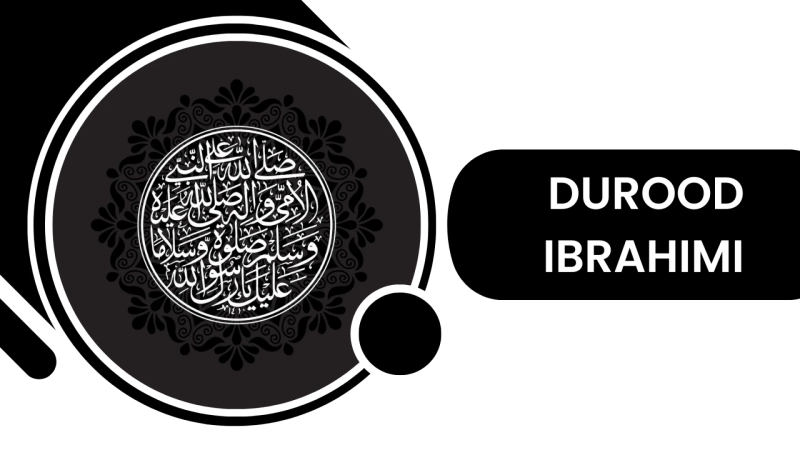Introduction: Durood Ibrahim, also known as Salawat, is a deeply significant and revered invocation in Islam. It holds a special place in the hearts of Muslims worldwide, being recited in various forms and at different times, particularly during Salah (prayer). This article aims to explore the translation, importance, and use of Durood Ibrahim in the context of Islamic worship. Translation of Durood Ibrahim: is a beautiful prayer that Muslims recite to invoke blessings upon the Prophet Muhammad (peace be upon him). The central part of this supplication is the phrase "Salah Allahu 'Alayhi wa Sallam," which translates to "May the peace and blessings of Allah be upon him." The Durood is a demonstration of love, respect, and gratitude towards the Prophet, serving as a means for believers to seek Allah's mercy for His beloved messenger. Importance of Durood Ibrahim: Expressing Love and Devotion: Durood Ibrahim is a manifestation of the deep love and devotion that Muslims hold for the Prophet Muhammad. By reciting this prayer, believers express their affection and respect for the one who brought the message of Islam. Seeking Intercession: Muslims believe that invoking blessings on the Prophet Muhammad can serve as a means of seeking his intercession on the Day of Judgment. The Durood is a way to connect with the Prophet and ask for his supplication on behalf of the believers. Spiritual Benefits: Reciting Durood Ibrahim holds immense spiritual benefits. It is believed to elevate the individual's spiritual state, purify the heart, and strengthen the bond between the believer and the Prophet. Use of Durood Ibrahim in Salah: Tashahhud (Testification in Prayer): Durood Ibrahim is an integral part of the Tashahhud, a crucial component of the prayer. In the final sitting of each unit (rak'ah) during Salah, Muslims recite the Tashahhud, including Durood Ibrahim. This is a moment of direct supplication and connection with the Prophet. Additional Recitation: Outside of the obligatory prayers, Muslims are encouraged to recite Durood Ibrahim regularly. Many incorporate it into their daily routine, reciting it after the five daily prayers, during moments of reflection, or before sleeping. Conclusion: Durood Ibrahim serves as a powerful and emotionally charged invocation that encapsulates the love and admiration Muslims have for the Prophet Muhammad. Its translation, conveying blessings and peace upon the Prophet, reflects the deep connection between believers and their messenger. By incorporating Durood Ibrahim into their daily prayers and routines, Muslims express gratitude, seek intercession, and experience the spiritual benefits of connecting with the beloved Prophet.
Durood Ibrahim: A Revered Invocation in Salah


